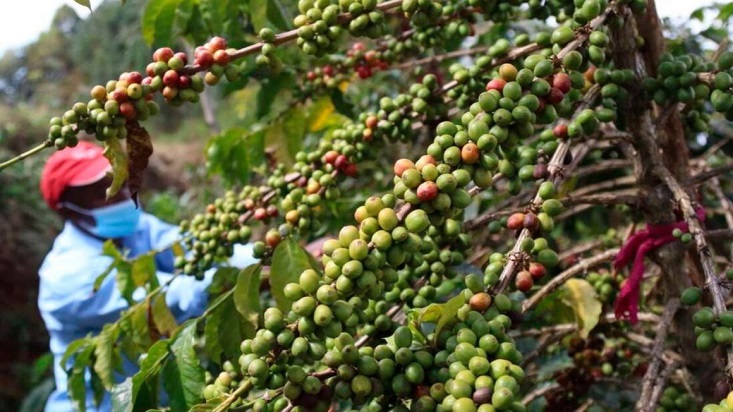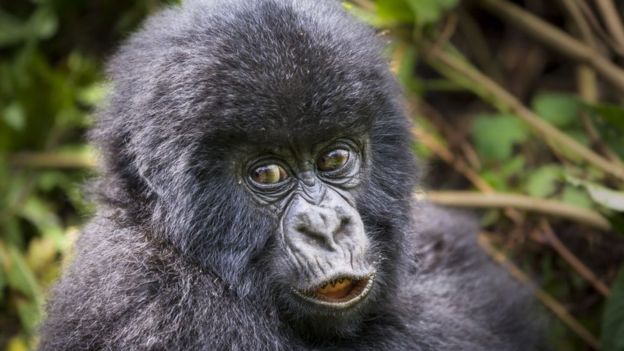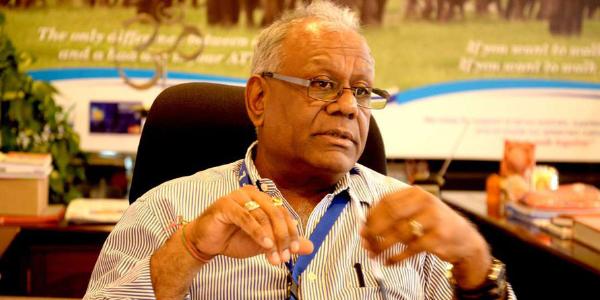A farmer tends to his coffee bushes in Nyeri town on November 9, 2021. PHOTO | JOSEPH KANYI | NMG
Kenya risks losing the KSh1.5 billion (UShs48.8bn) Japanese coffee market after the authorities in Tokyo raised a red flag over the use of non-recommended pesticides in the produce.
The Japanese said samples taken out of Kenyan coffee have been found to have Chlorpyrifos- an active ingredient found in the insecticides and which is not recommended for use in coffee.
The authorities say they detected 0.06 parts per million in the coffee that was sampled, which was above the required minimum of 0.05 percent.
Japan is currently Kenya’s sixth largest importer of coffee having earned the country Sh1.5 billion in foreign exchange last year.
Kenya Plant Health Inspectorate Service (Kephis) managing director Theophilus Mutui confirmed to the Business Daily that a coffee sample taken by the Japanese authority found that the coffee had high levels of the said chemical.
“Japan found that the levels exceeded the required minimum as set by the Japanese authorities and this is an issue of concern to us,” said Prof Mutui.
The Japanese Ministry of Health, Labour and Welfare now wants all coffee growers in Kenya as well as exporters of fresh beans to exercise voluntary tests at warehouses and at packaging of the product.
Prof Mutui said the coffee had been sampled from one of the largest exporters that had shipped its consignment to the Asian nation.
Japan has snow raised the compliance checks for Kenyan coffee to 30 percent from around 10 initially, meaning that exporters will have to incur high cost in testing the consignments.
Prof Mutui said that high level of checks also increase the chances of interceptions as more consignment could be flagged for not meeting the set limits.
The CEO said there is need for all the relevant state agencies to come together and sensistise farmers on the correct use of pesticide in order to comply with the standards set by importing countries.
South Korea had in 2020 banned Kenya’s coffee over high levels of Ochratoxin chemical, which had exceeded the allowable minimum, resulting in rejection at the two countries’ border points.
Kenya Coffee Producers Association wants the government to address the issue, arguing that it could have a negative effect on other importing countries as well.
“The flagging of Kenyan coffee by the key markets due to high levels of contamination does not augur well for the sector. The government has to move fast in addressing this challenge,” said Peter Gikonyo, the association’s chairperson.
-Business Daily





